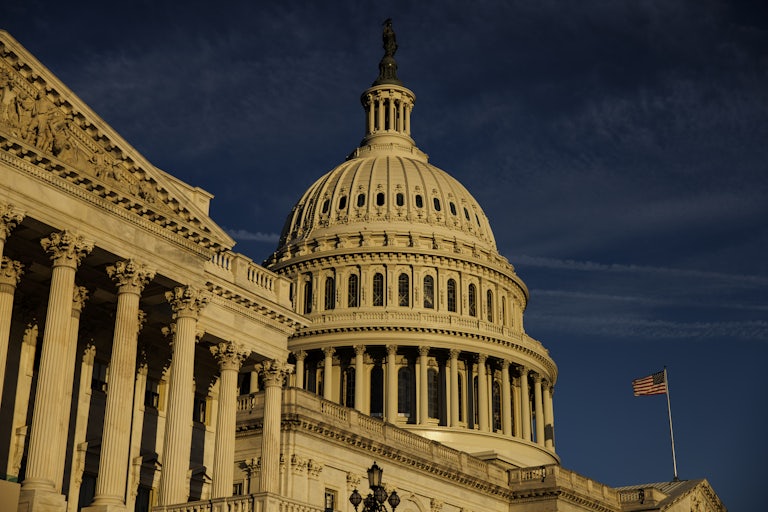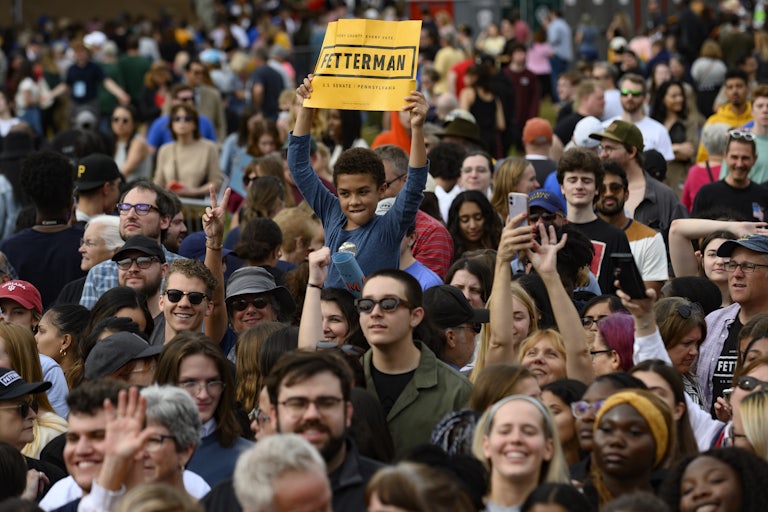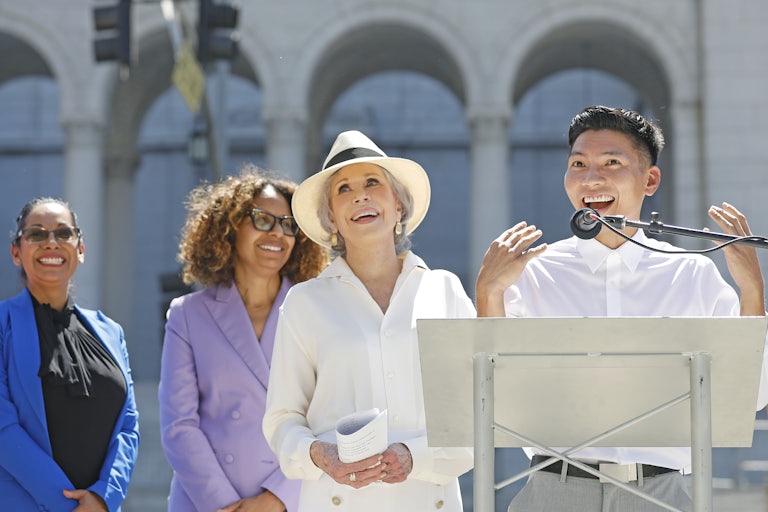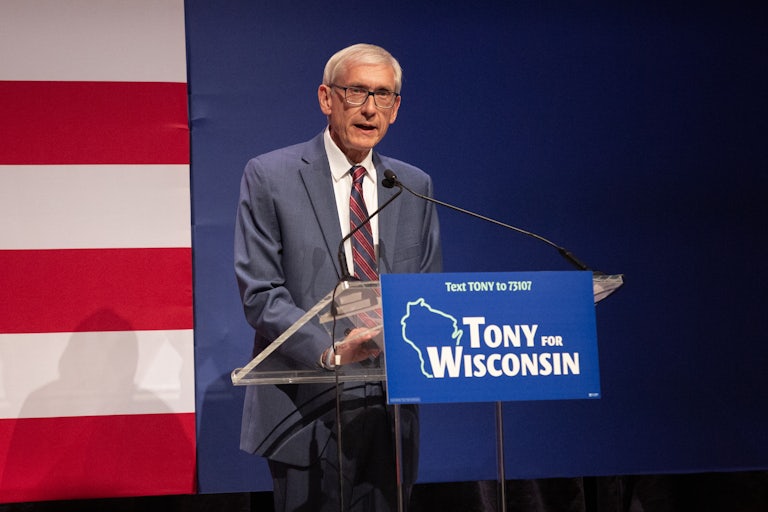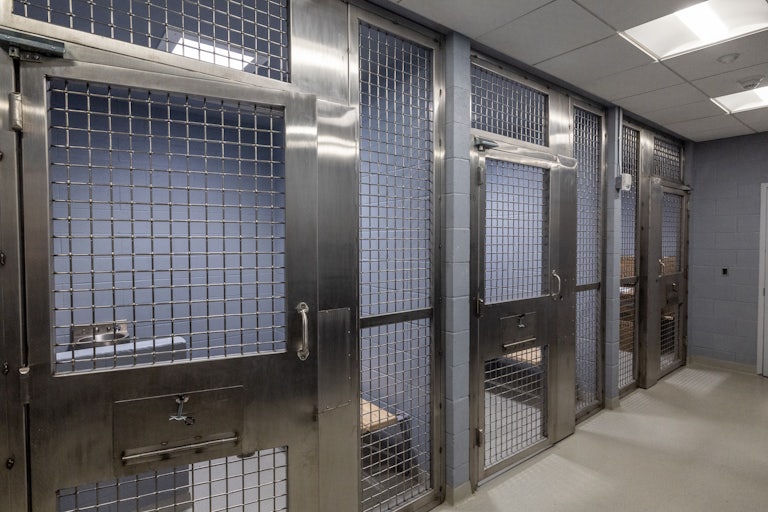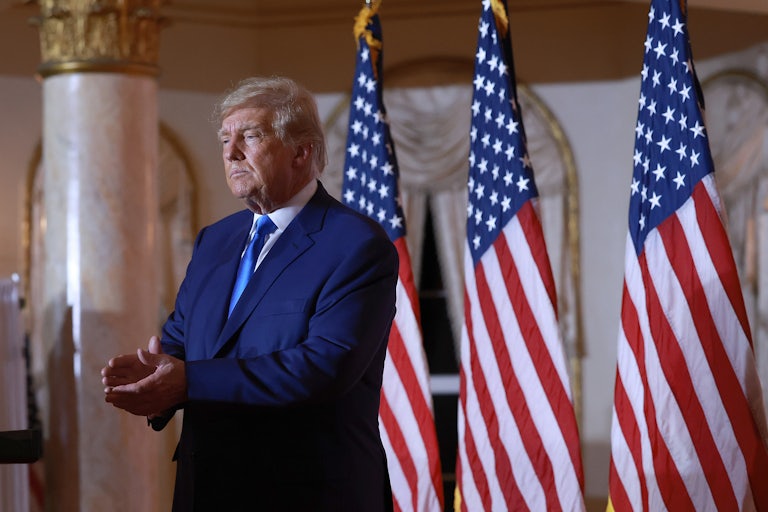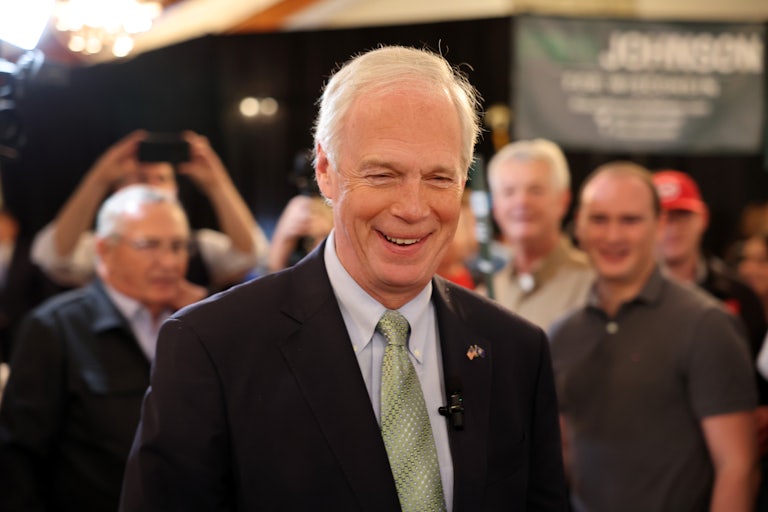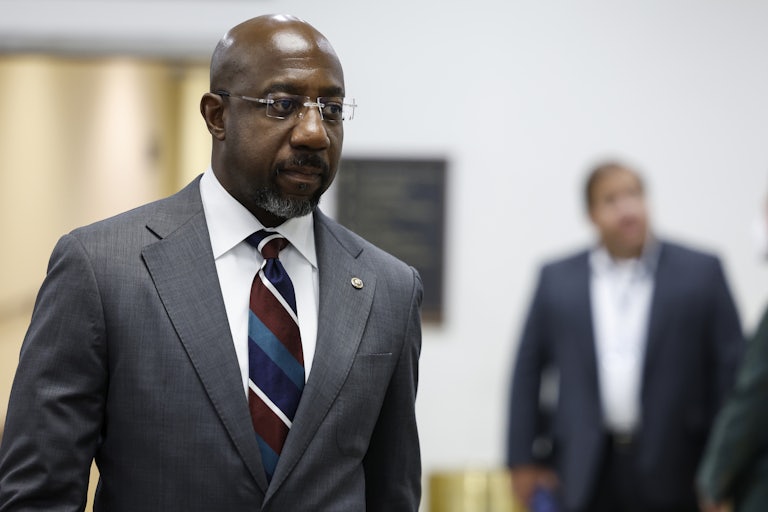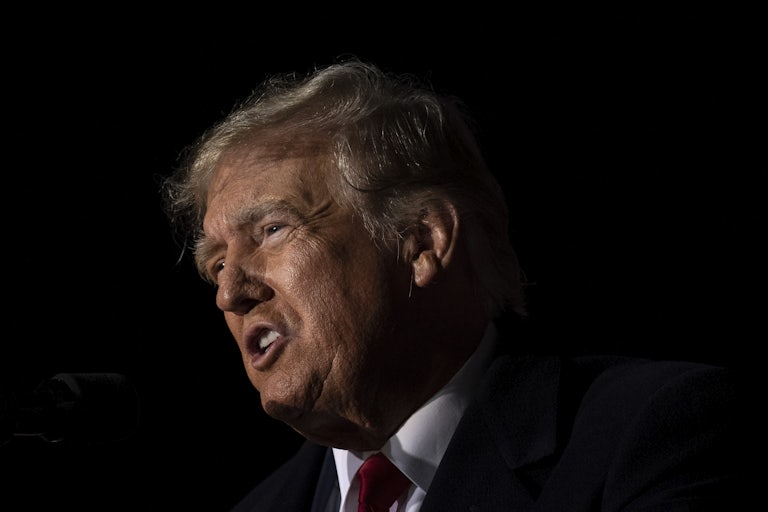Fox News Is Having a Meltdown Over the Election Results
Right-wing media simply cannot understand the election results.
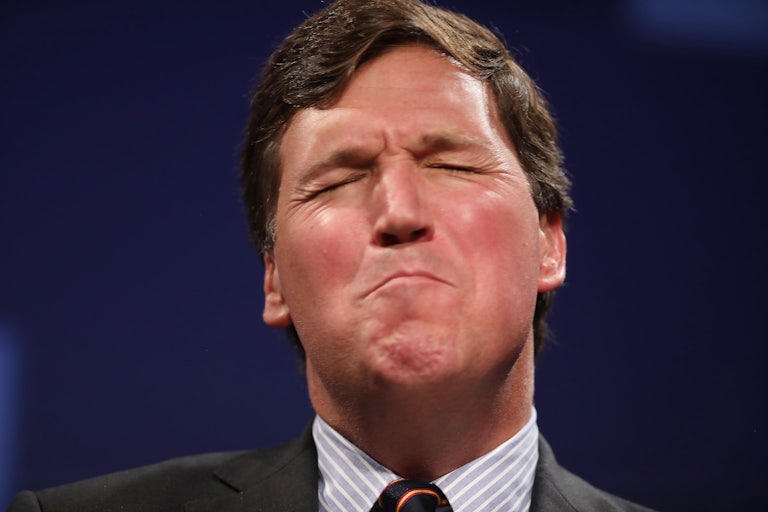
In the wake of Republicans falling short of their foretold “red wave,” right-wing media reactions have run the whole gamut.
But no other outlet has had a meltdown like Fox News:
Here's Fox News' midterms meltdown, summed up in 40 seconds: pic.twitter.com/JBcZm70XFk
— Kat Abu (@abughazalehkat) November 10, 2022
These hosts are so unable to fathom the results that they have gone to great length introducing other convoluted theories for why Republicans lost. Fox News host Jesse Watters, for example, claimed that the Democrats are working to keep women single, and if single women just get married, things would look way different:
Jesse claims "Democrat policies are designed to keep women single."
— helena hind (@cynicalzoomer) November 10, 2022
"We need these ladies to get married. And it's time to fall in love and just settle down. Guys, go put a ring on it." pic.twitter.com/29EZ0QjbCB
It’s not just Fox News, of course. On The Charlie Kirk Show, Benny Johnson yearned for a Republican who “utilizes and wields power over his enemies, and then destroys his enemies and makes them grovel, makes molten salty tears flow from their faces.” (Yes, this is an exact quote.) On Pray Vote Stand, Michelle Bachmann said the results simply don’t make sense given how much praying and repenting the right did.
These nonsensical right-wing media reactions substantiate one case for why Republicans lost. The Republican project to win majorities off of disinformation, or by desperately trying to frame Democrats as “out of touch,” can only go so far when your own project has nothing to offer.
Republicans and the media, and Fox News specifically, have for months framed Democrats as too focused on “social issues” instead of “kitchen table issues.” But voters just showed how these issues are one and the same—and that Democrats are the ones speaking to them.
Marijuana legalization, abortion access, a free and fair democracy are all ideas that have won this week, and all things—alongside items like student debt cancellation and climate and Medicaid expansion—that have buoyed Democratic success. Republicans simply do not have a plan to recoup young voters, or women voters (beyond begging for them to get married).
If Republicans remain saddled in their aimless meltdown, pointing fingers left and right and everywhere in between, we’ll keep seeing moments like these:
shot // chaser pic.twitter.com/lZDGuvcnfv
— Kat Abu (@abughazalehkat) November 9, 2022
